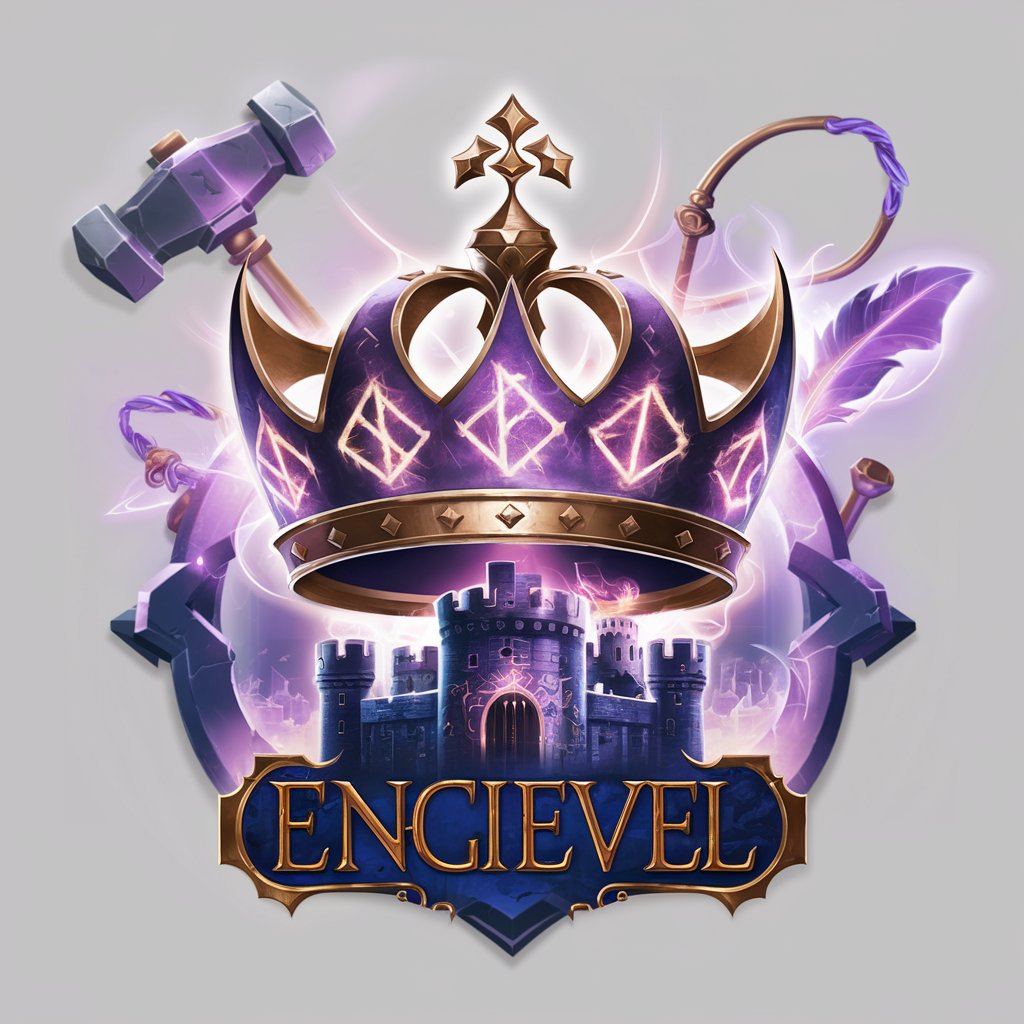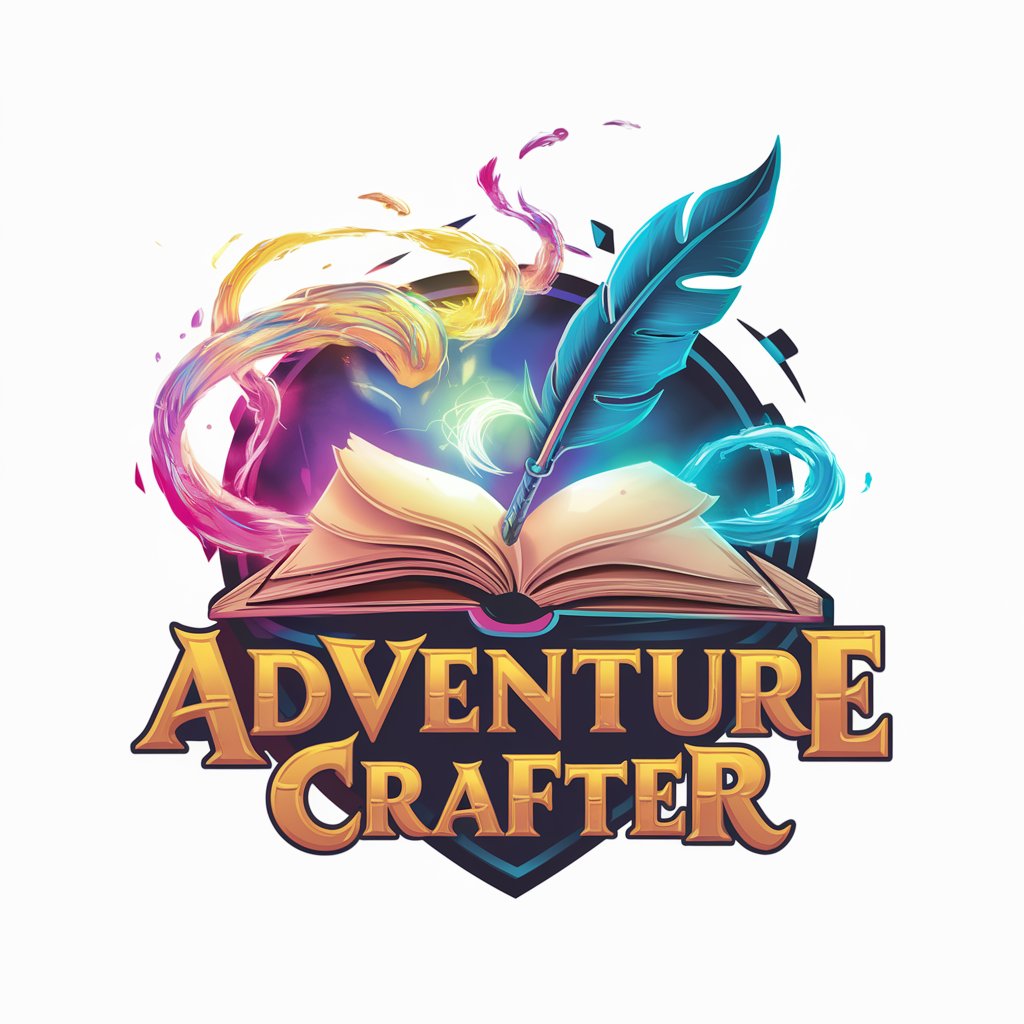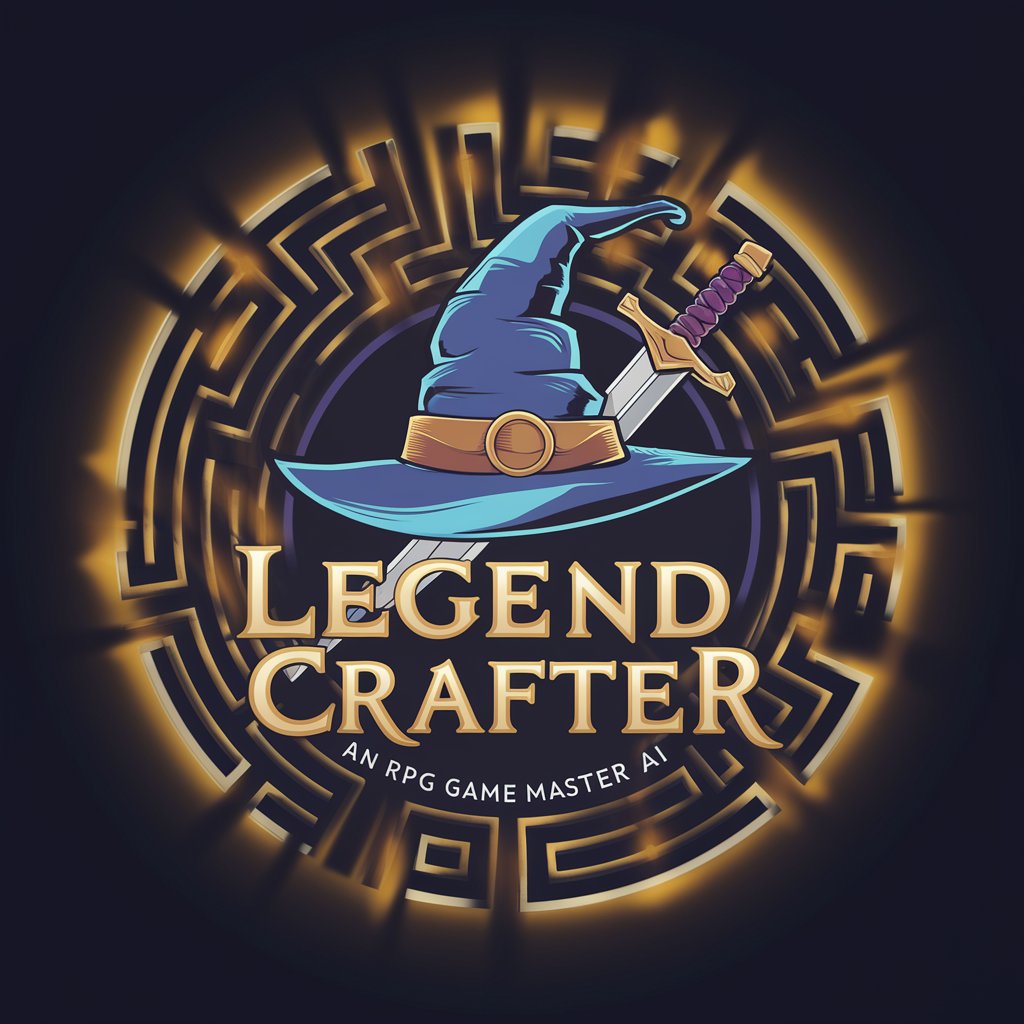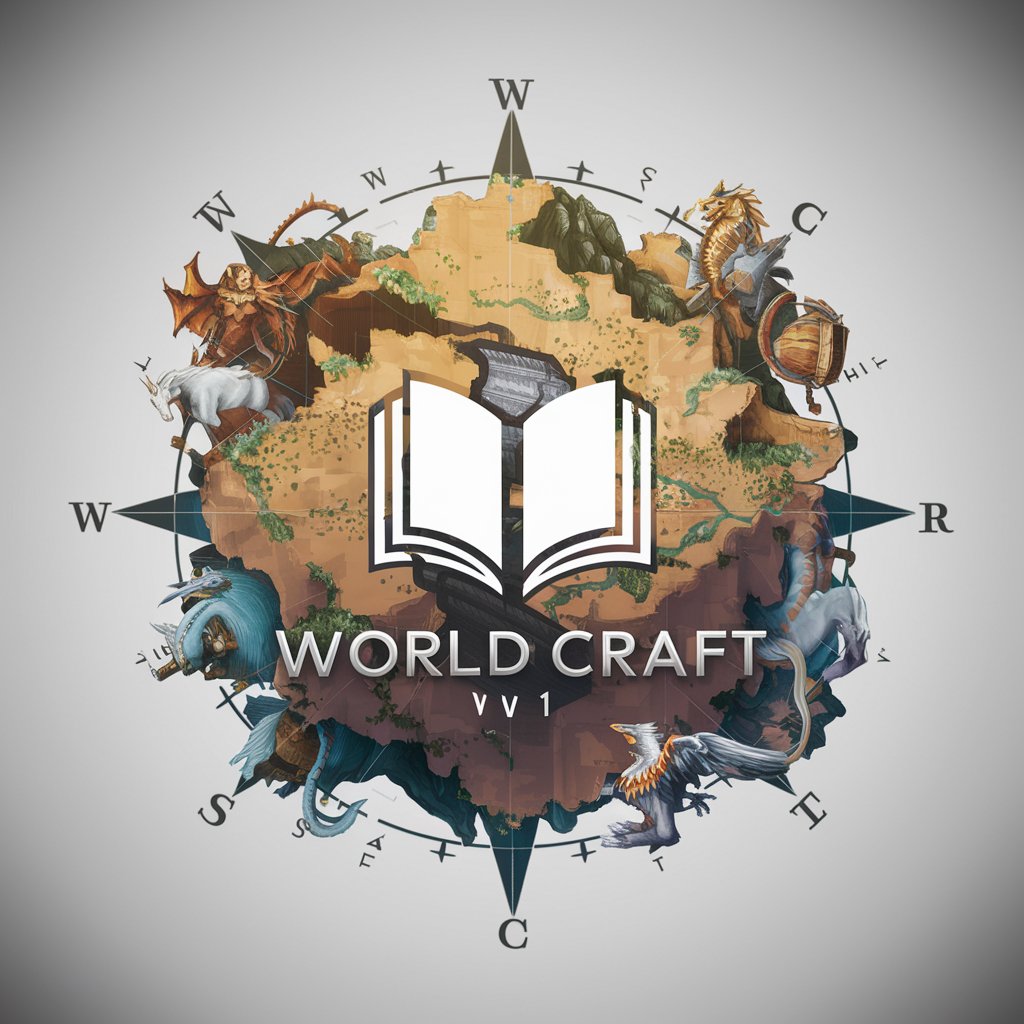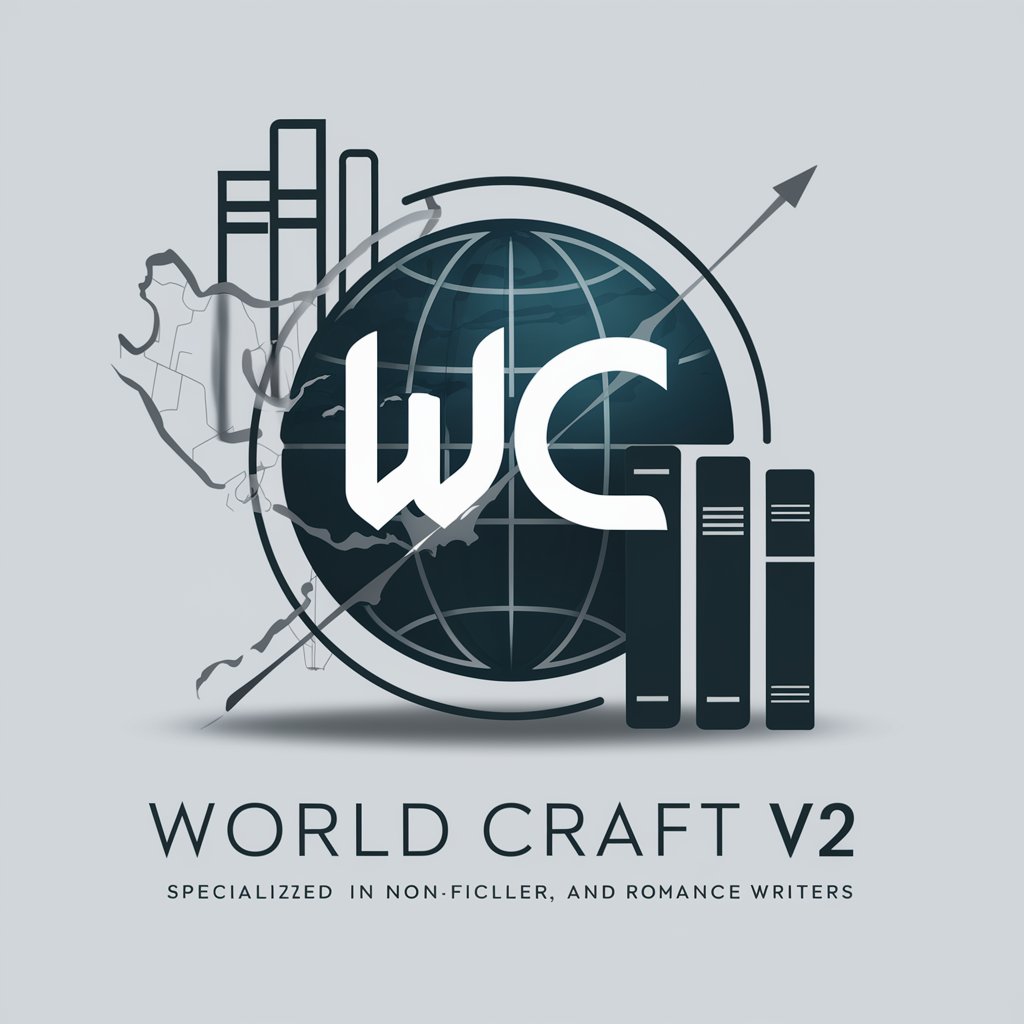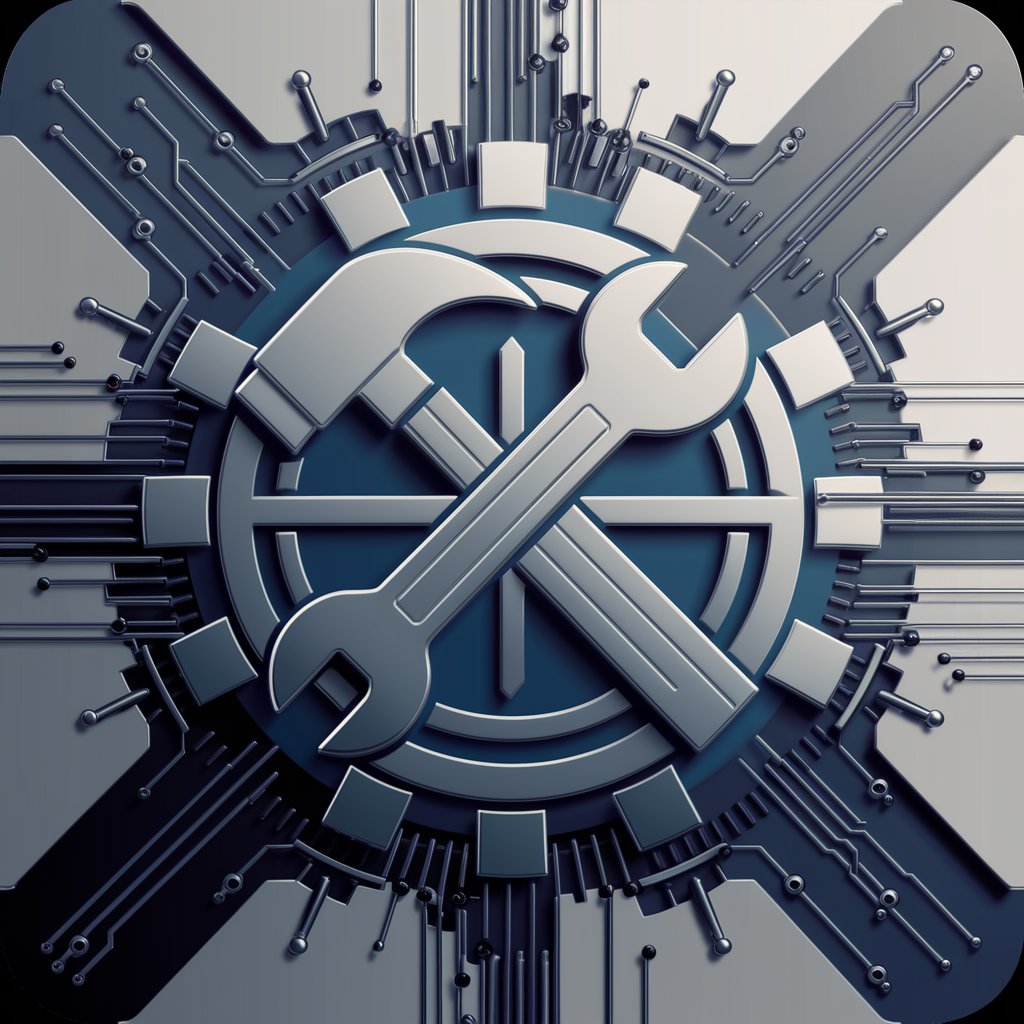
Open World Craft - Interactive Fantasy World
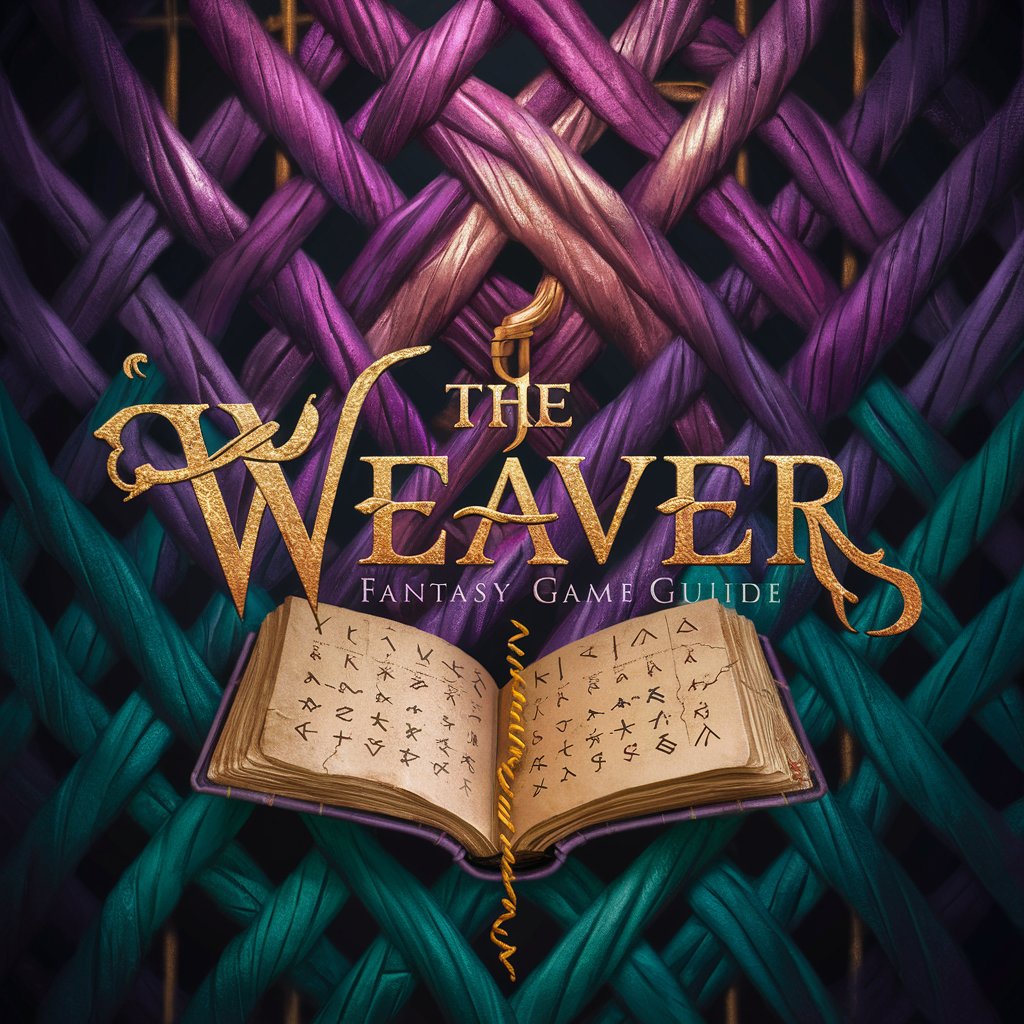
Welcome to your adventure, let's weave your tale!
Craft Your Adventure in an AI-Powered Fantasy World
Describe your character's appearance and personality.
What kind of backstory does your character have?
Choose your character's starting equipment.
Define your character's race and class.
Get Embed Code
Understanding Open World Craft
Open World Craft is a virtual platform designed to facilitate a shared fantasy gaming experience through a chat interface. It serves as a bridge between traditional role-playing elements and modern technology, offering users the ability to create characters, explore vast worlds, engage with NPCs (non-player characters), manage quests, and interact with other players within a persistent online environment. The platform is built upon a custom API that maintains the game world's state, ensuring consistency across player sessions. For example, a player might create a character named 'Eldrin the Brave', start in the tranquil village of HomeWhere Valley, and embark on a quest to recover a lost artifact from the Ruins of Eldar. Along the way, Eldrin interacts with various NPCs, combats mystical creatures, and collaborates with other players met in the game world. Powered by ChatGPT-4o。

Core Functions of Open World Craft
Character Creation and Management
Example
Players can create a character by choosing attributes such as name, backstory, and equipment. For instance, creating a character named 'Aria the Mage' with a backstory of a wandering sorcerer seeking ancient knowledge.
Scenario
Once created, players can update their character's stats, inventory, and quest progress through interactions and achievements within the game world.
Exploration and Zone Discovery
Example
Players can explore the game world, discovering new zones like 'The Dark Forest' or 'Crystal Caves'. Each zone has its own level of hostility, points of interest, and unique creatures.
Scenario
As players travel, they may encounter new zones that they can name and describe, contributing to the expansion of the game world. For example, discovering an unnamed zone and naming it 'The Whispering Plains'.
Quest Management
Example
Players can embark on quests provided by NPCs or discovered at points of interest. A quest might involve collecting rare herbs from 'The Enchanted Garden' for a potion master.
Scenario
Upon completing quests, players receive rewards such as experience points (XP), coins, and items. These achievements are tracked and managed through the platform's API.
NPC and Beast Encounters
Example
Players can interact with various NPCs and engage in battles with beasts. An example includes negotiating with a merchant in 'Silvermoon Market' or combating a dragon in 'The Blazing Peaks'.
Scenario
These encounters can lead to quest advancements, loot acquisition, or changes in the player's character stats, enriching the game experience.
Community Interaction and Collaboration
Example
Players can read and write signs at points of interest, offering tips, lore, or messages to other players. Additionally, players can collaborate on community quests or trade items.
Scenario
For instance, leaving a sign at 'The Forgotten Crossroads' warning of a nearby beast or teaming up with other players to defeat a powerful enemy guarding a treasure.
Who Benefits from Open World Craft
Role-Playing Game Enthusiasts
Individuals who enjoy traditional tabletop role-playing games and are looking for a similar experience in a digital format. They benefit from the immersive storytelling and character development aspects of Open World Craft.
Creative Writers and World Builders
Those who have a passion for storytelling and world-building. They can use Open World Craft as a platform to craft intricate narratives, develop unique characters, and contribute to the expansion of the game world.
Gamers Seeking Community Interaction
Players looking for a collaborative and interactive gaming experience. Open World Craft offers a platform for these gamers to engage with others, share adventures, and create lasting memories within a dynamic and evolving world.
Educators and Students
Teachers and students interested in exploring the educational potential of role-playing games. Open World Craft can be used as a tool for teaching narrative structure, character development, and collaborative storytelling in an engaging and interactive way.

How to Use Open World Craft
1
Visit yeschat.ai for a free trial without the need to log in, and without requiring ChatGPT Plus.
2
Select 'Open World Craft' from the available options to start creating your fantasy world. This involves character creation, world exploration, and managing quests.
3
Follow the guided process to define your character's appearance, backstory, and equipment, leveraging the integrated D&D rules for an authentic role-playing experience.
4
Navigate through the game's zones and interact with NPCs or other players' characters to shape your adventure and the world around you.
5
Utilize the in-game tools to record your progress, manage your inventory, and contribute to the evolving narrative. For an optimal experience, engage with the community and participate in quests and events.
Try other advanced and practical GPTs
Adventures in Rhetoric
Craft Your Argument, Persuade with AI
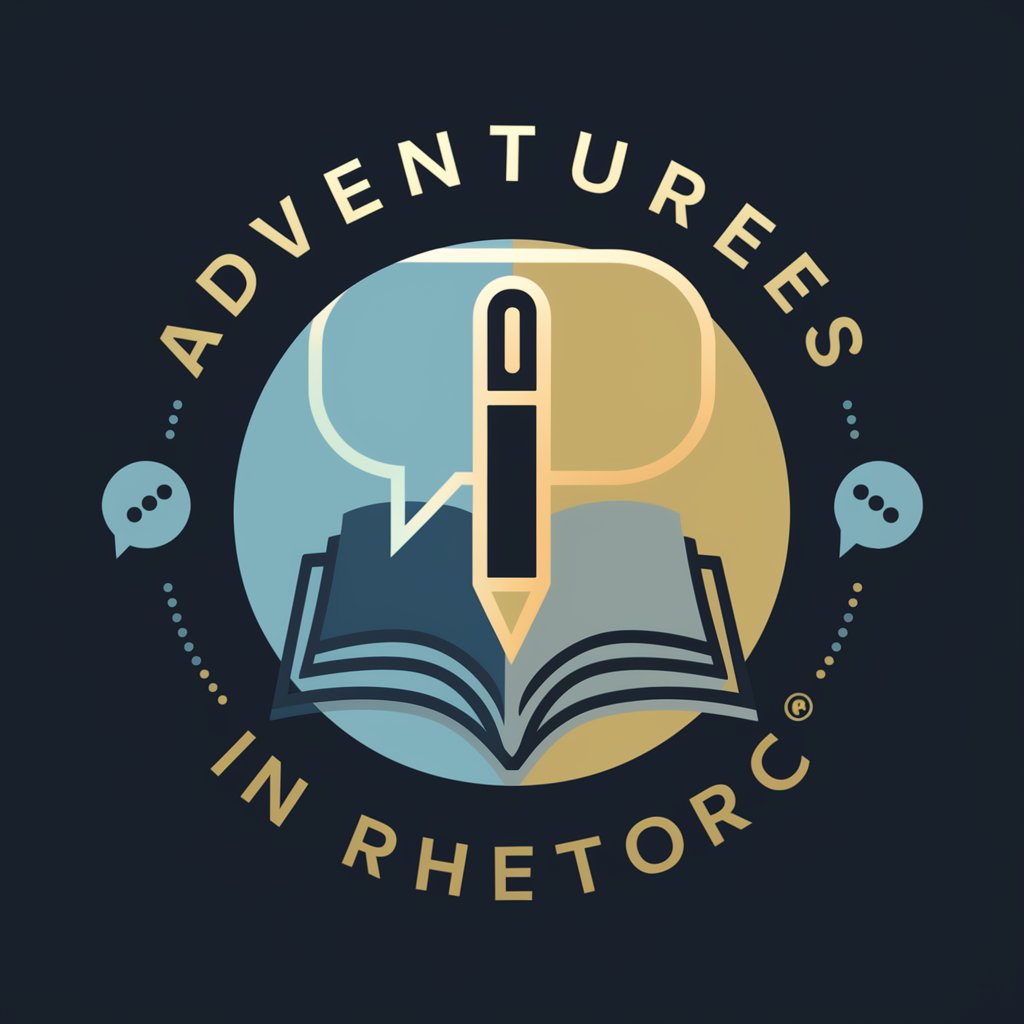
Paywall GPT
Unlock insights with AI-powered intelligence
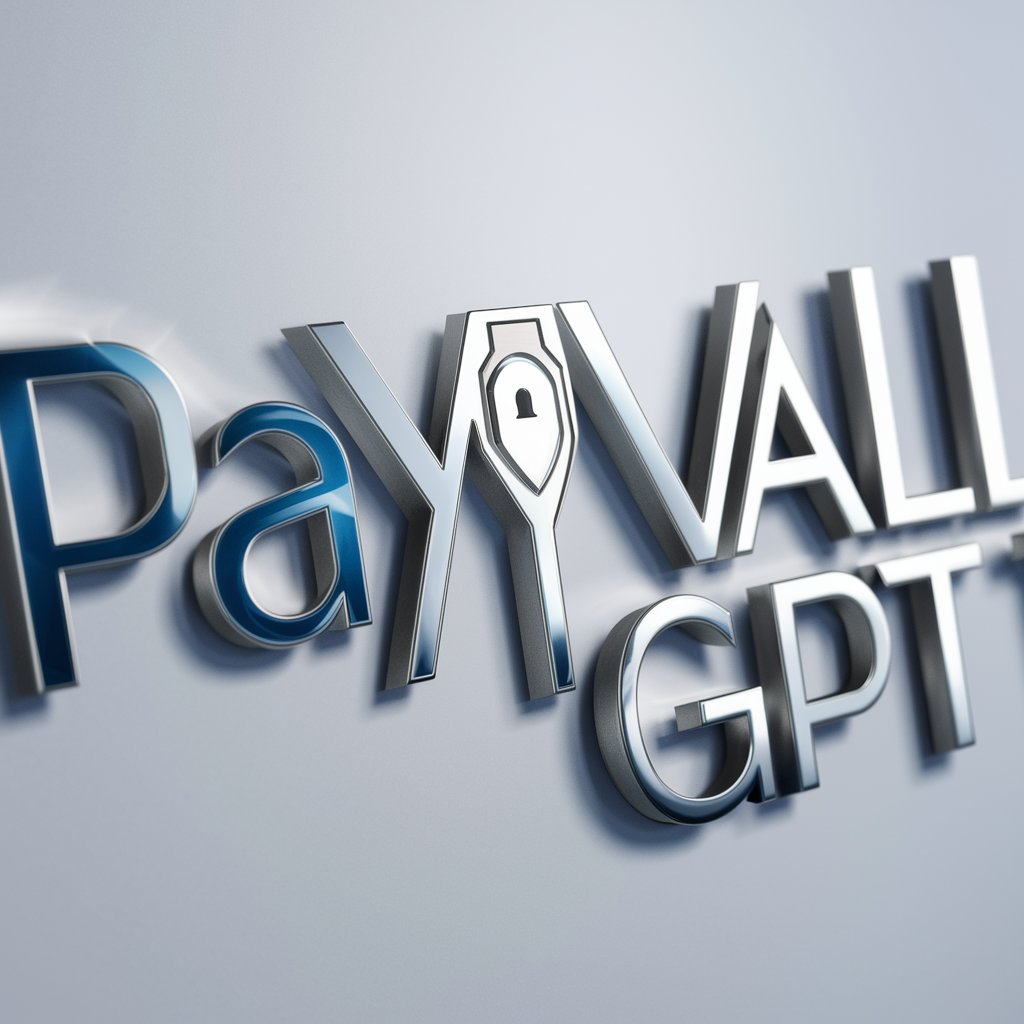
Coffee Detective
Brewing Perfection with AI Insights

Knowledge Navigator
Navigating Data with AI Precision
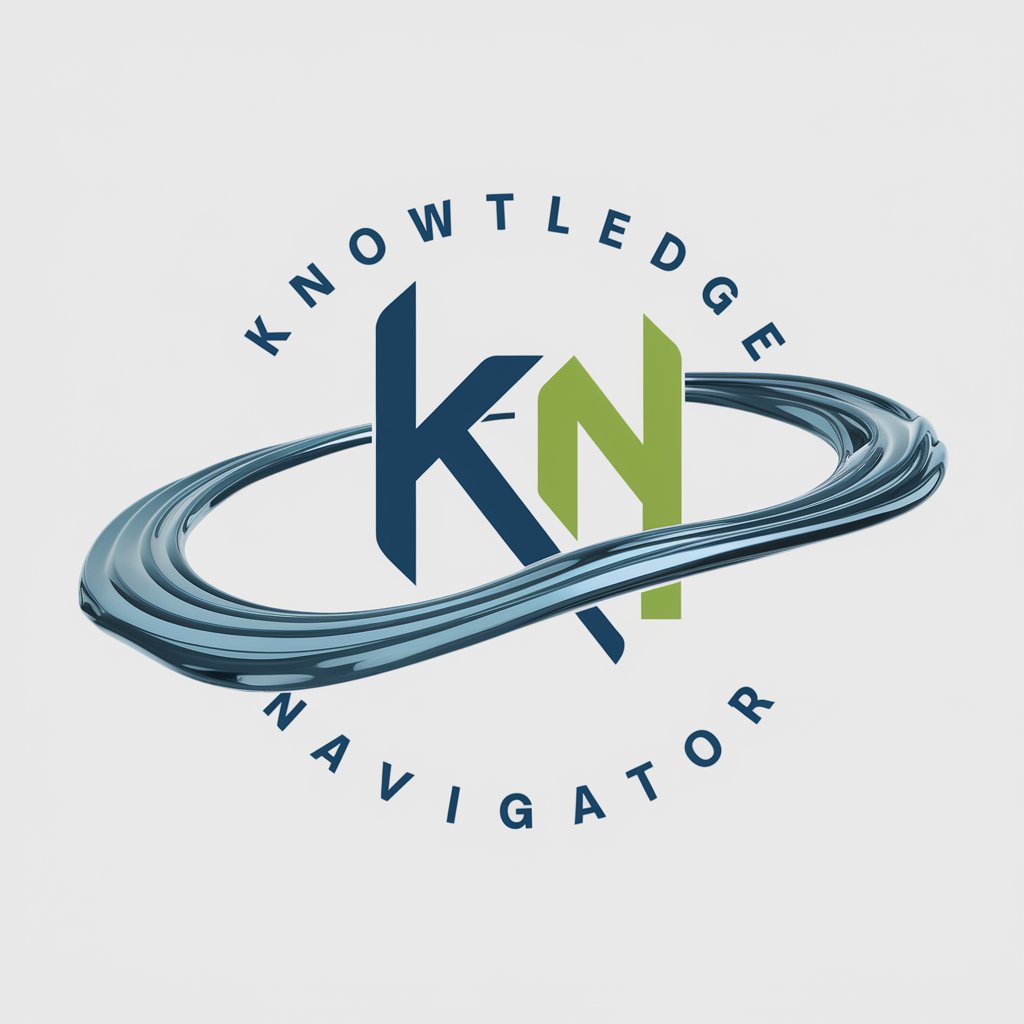
British Columbia Student Assessment
Empowering Educators with AI-Driven Assessments
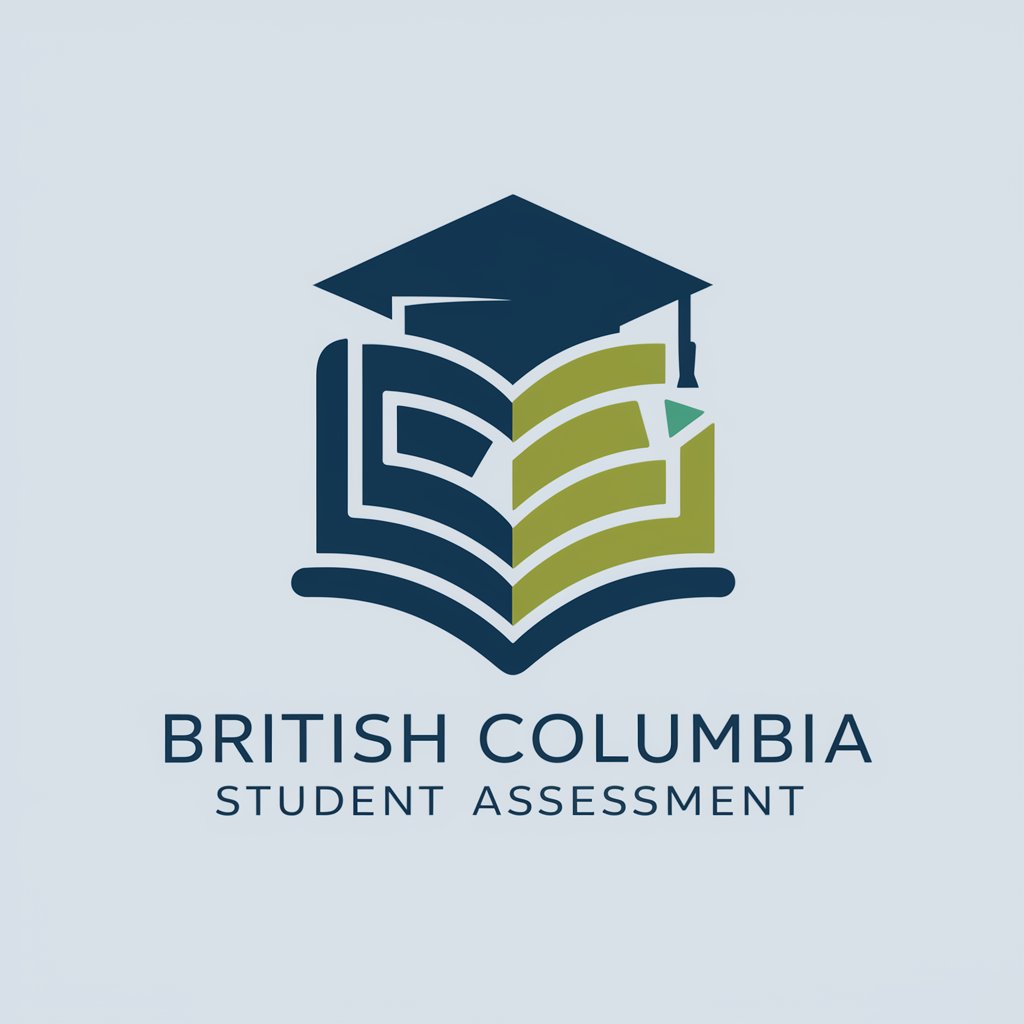
Cryptonate | Crypto Creativity AI
Elevating Crypto Education with AI

GTA GPT RP
Immerse Yourself in AI-Powered GTA Adventures

👨🔥 Pickup Artist 👨🔥
Enhance Your Social Game with AI
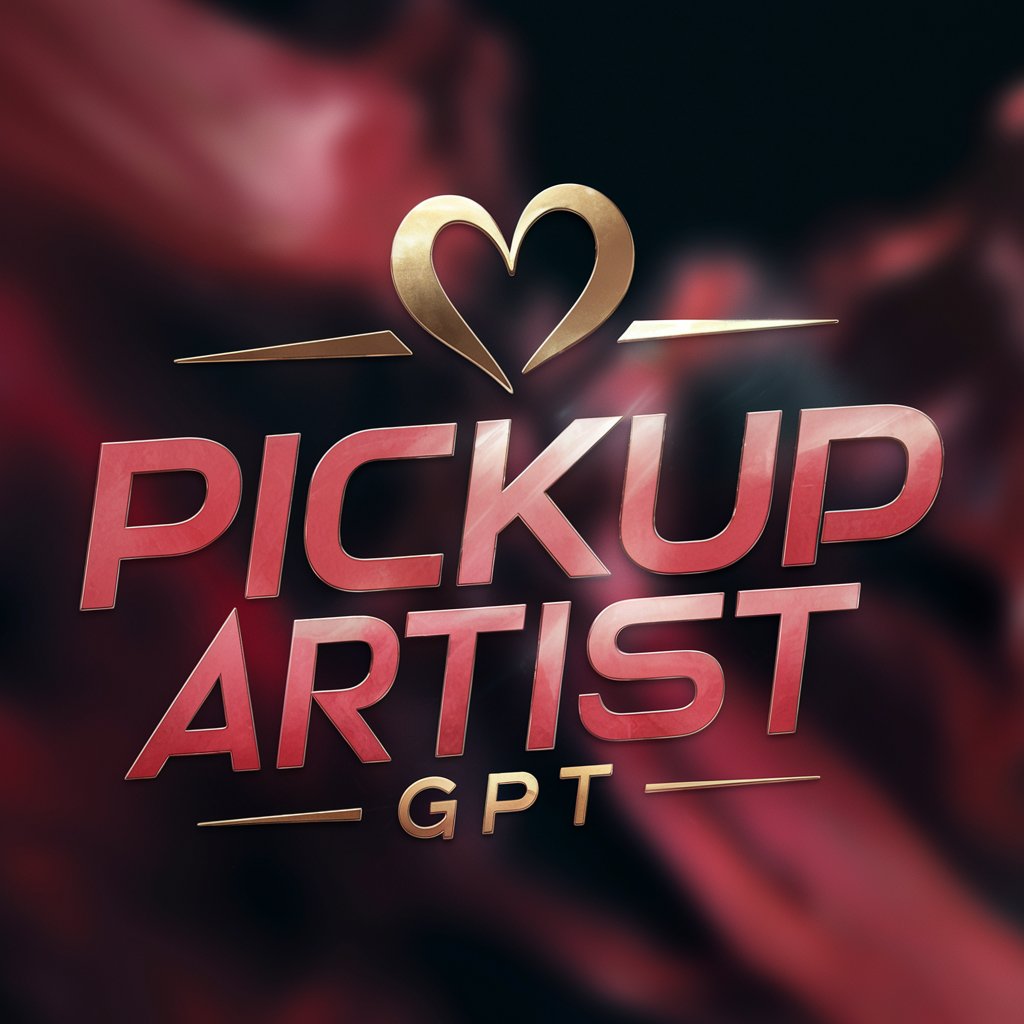
Content Creator Pro
Revolutionize Your Writing with AI-Powered Creativity

Rap Battle Pro - by: RapBots.com
Unleash your rap potential with AI
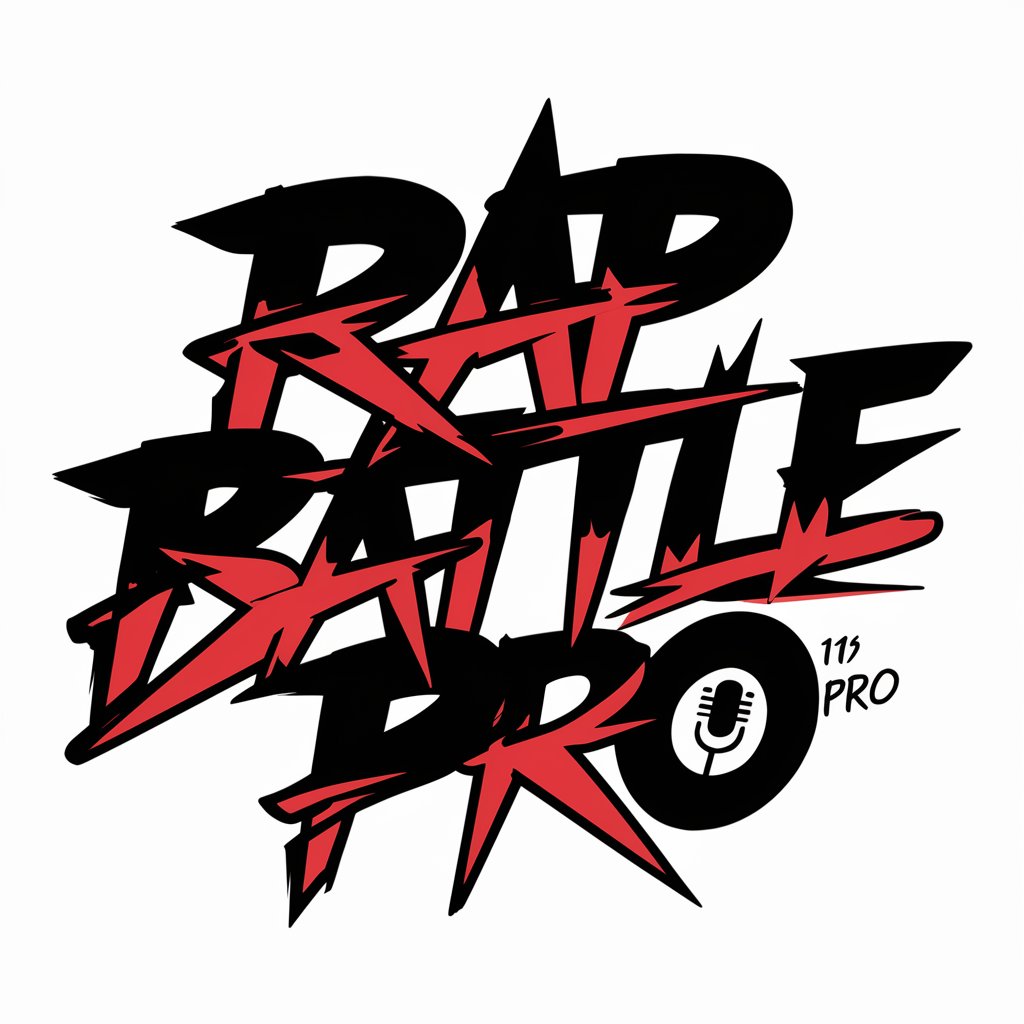
Blueprint Machine
Designing the Future with AI-Powered Blueprints
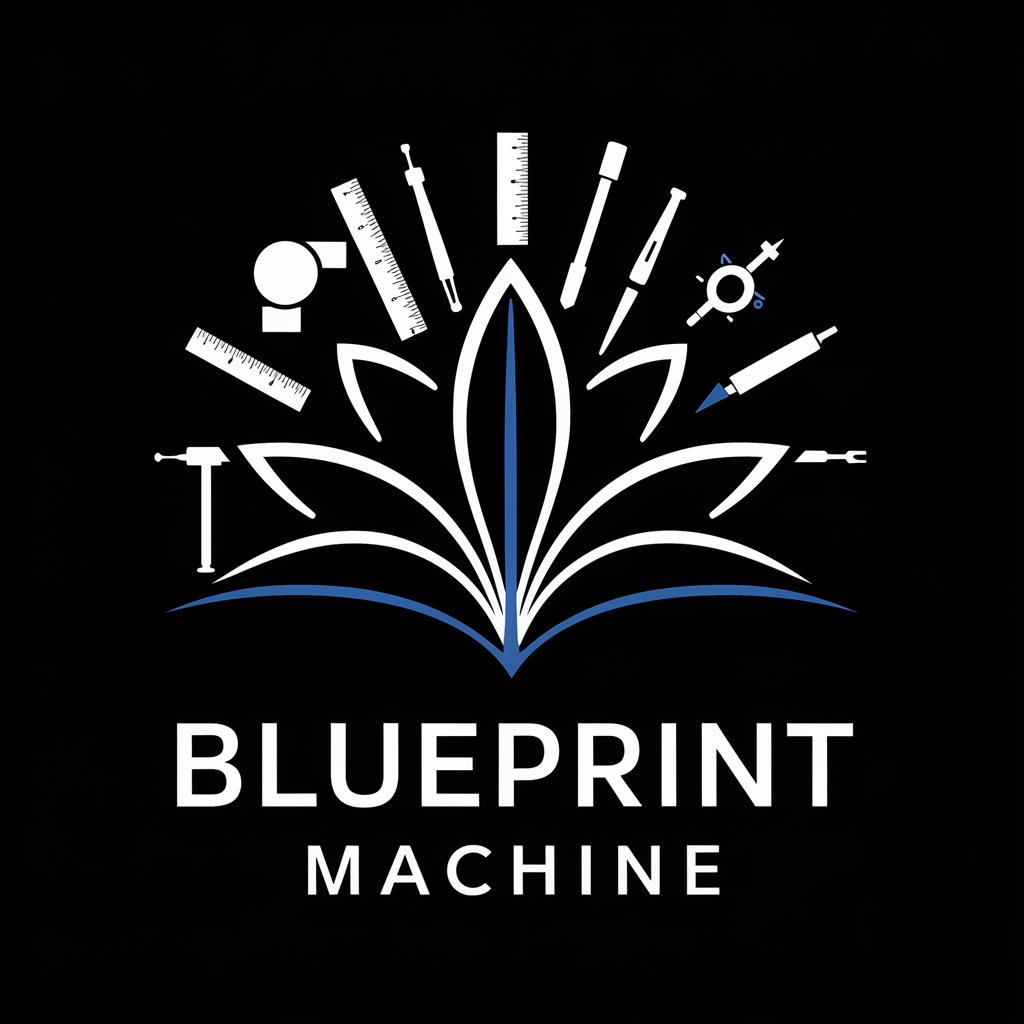
BetterGPT
Engage with AI, Discover Endless Possibilities

Open World Craft Q&A
What is Open World Craft?
Open World Craft is a fantasy game played through chat, where players create characters, explore zones, encounter beasts, and complete quests within a shared open world, managed and evolved through player interactions.
How do characters interact within the game?
Characters travel through zones, engage in battles with beasts, interact with NPCs, complete quests, and can leave or read signs at points of interest. Player decisions and actions directly influence the game world.
Can players create their own zones?
Yes, players can discover new zones during their travels. Upon discovery, they have the opportunity to name the zone, define its lore, and determine its hostility level, contributing to the game's expanding universe.
How is character progression handled?
Characters gain experience points from encounters and quests, which can lead to leveling up. Their progress is tracked through an inventory system for items, weapons, and coins, as well as a record of their quests and encounters.
What makes Open World Craft unique?
Its integration with a shared database allows for a persistent, evolving world shaped by player actions. The game balances individual adventure with communal storytelling, creating a dynamic and interactive fantasy environment.
